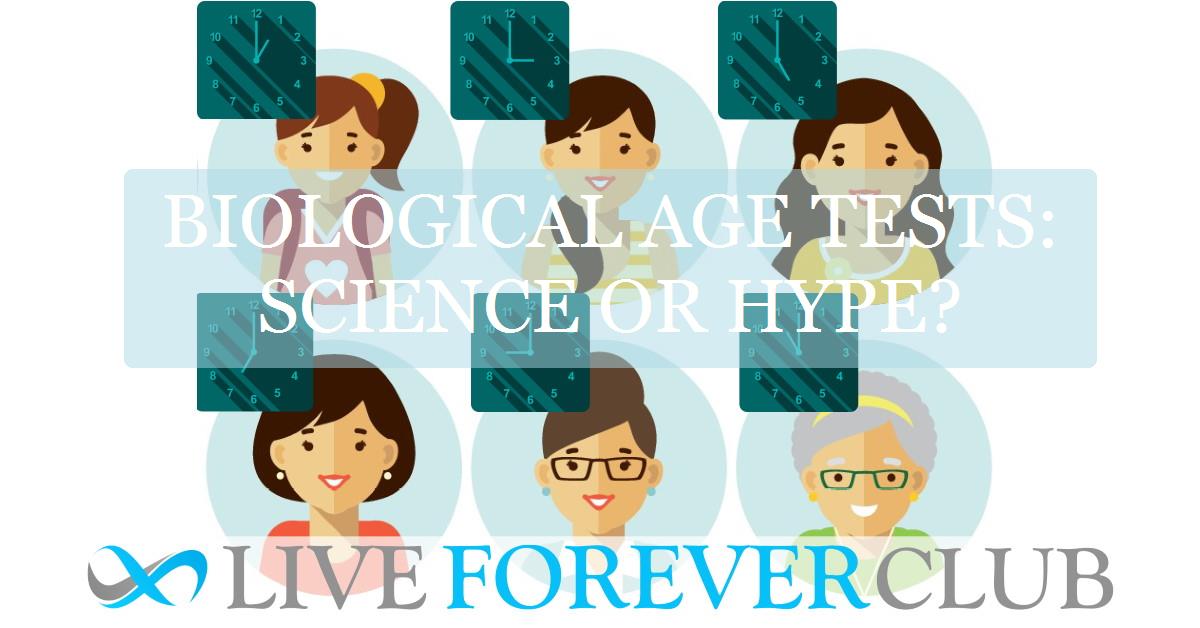Key points from article :
Biological age tests, marketed as tools to reveal how well we are ageing compared to our actual years, have surged in popularity. Unlike chronological age, which simply counts the years since birth, biological age claims to assess the body’s condition on a molecular level, capturing the impact of lifestyle, environment, and genetics. These tests often use epigenetic clocks, which measure DNA methylation patterns—chemical changes that influence gene activity and tend to occur predictably with age.
Scientific research does support the utility of epigenetic clocks in predicting age-related diseases and mortality at the population level. Studies show that these tests can reflect risks for conditions like cardiovascular disease and correlate with behaviours such as smoking or diet. They may even outperform chronological age in assessing health risks. However, translating this research into reliable, individual health assessments is more problematic.
When it comes to personal use, biological age tests face several issues. Accuracy can vary significantly, with one 2022 study showing results from the same sample differing by up to nine years. There's also a lack of standardisation across commercial providers, who often keep their testing methods and algorithms proprietary. As a result, results may vary depending on which company you use. Furthermore, even if the test suggests someone is “ageing well” or “poorly,” it does not provide actionable, personalised insight into why.
Given their high price tag—about A$500—and limited individual utility, the article suggests that these tests may be more about marketing than medical precision. Instead of relying on such tools, people can make meaningful changes through well-established healthy habits like eating well, exercising, sleeping enough, avoiding smoking, and fostering social connections—no biological age test required.




